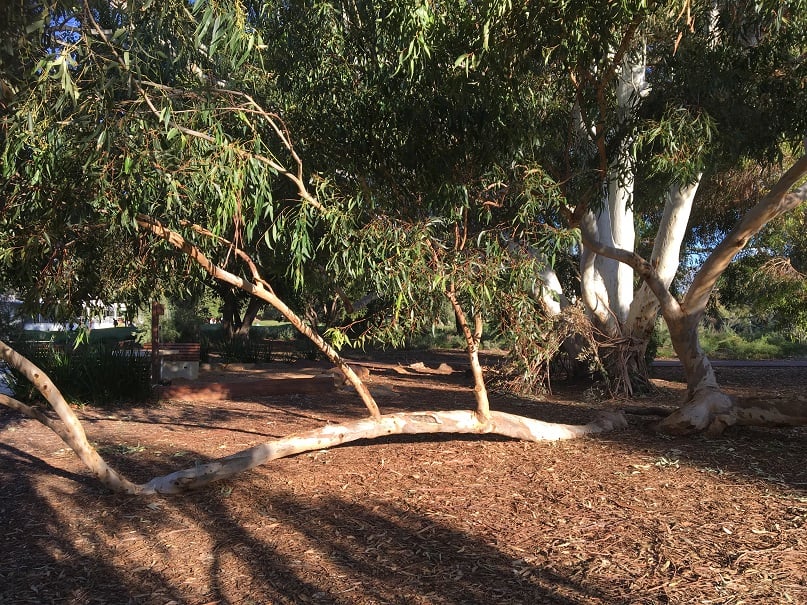Study Exposes Schools’ Neglect of Nature Play: Ensure your kids get Ultimate Learning Experience!
Discover the Hidden Key to Your Child’s Success – Experts Reveal How Embracing Nature Play Could Transform Education Forever!
In a world filled with gadgets and screens, are we doing enough to nurture our children’s connection with nature?
A press release on a study done by the University of South Australia suggests that schools may be missing a golden opportunity to harness the benefits of nature play spaces by underutilizing them in the curriculum.
Do schools need to offer more play opportunities?

As educators and parents, it’s time to reflect on how we can enhance our children’s learning experiences and well-being through the wonders of the great outdoors.
According to the study, an overwhelming 63% of public primary schools in South Australia boast purpose-built nature play spaces, with an additional 25% in the planning or construction phase.
However, the researchers discovered that these spaces are primarily used for play rather than as valuable extensions of the curriculum. This revelation raises the question: Could nature play spaces take on a more significant role in our children’s education?
Dr Nicole Miller, a researcher from UniSA, sheds light on the untapped potential of outdoor learning. “There is a huge collection of evidence that shows how nature-based play and learning can deliver significant benefits for children’s health, well-being, and development,” she says. “Yet, these purpose-built nature play spaces and natural outdoor areas are predominantly used for play, with limited integration into curriculum-based learning.”
It’s time to recognize the immense value of nature-based play and learning in fostering children’s mental health and cognitive development. By shifting some aspects of the curriculum outdoors, educators can engage and connect students on a deeper level.
Imagine the possibilities of combining core subjects with the wonders of nature—exploring mathematics amidst the rustling leaves, conducting science experiments under the open sky, or delving into literature while surrounded by the beauty of the natural world.
What can be done to boost nature play
However, implementing outdoor learning comes with its own set of challenges. Schools and teachers face competing priorities, a crowded curriculum, and a lack of knowledge and confidence in adapting teaching methodologies.
To fully embrace nature play areas for enhanced learning opportunities, these barriers must be addressed collectively. Teachers should be supported and empowered with the necessary skills and resources to make outdoor learning a seamless part of the educational experience.
Dr Miller emphasises the universality of purpose-built nature play spaces, regardless of a school’s socio-economic status. This highlights a shared recognition of the potential benefits of nature-based play and learning across the educational landscape.
Now, it’s high time to take the next step and invest in our teachers’ development, fostering their skills and confidence to deliver a well-rounded curriculum in these enchanting outdoor environments.
As parents and educators, let’s dare to think beyond the traditional classroom walls. Let’s challenge ourselves to incorporate nature play into our children’s educational journey, where they can explore, discover, and grow amidst the beauty of the natural world.
Together, let’s unlock the potential of nature and embark on a transformative journey towards holistic education for our children.
Remember, their future begins with the seeds we sow today.
For more parenting news, check out the Boobobutt Newsroom here – click here.
Leave a Reply